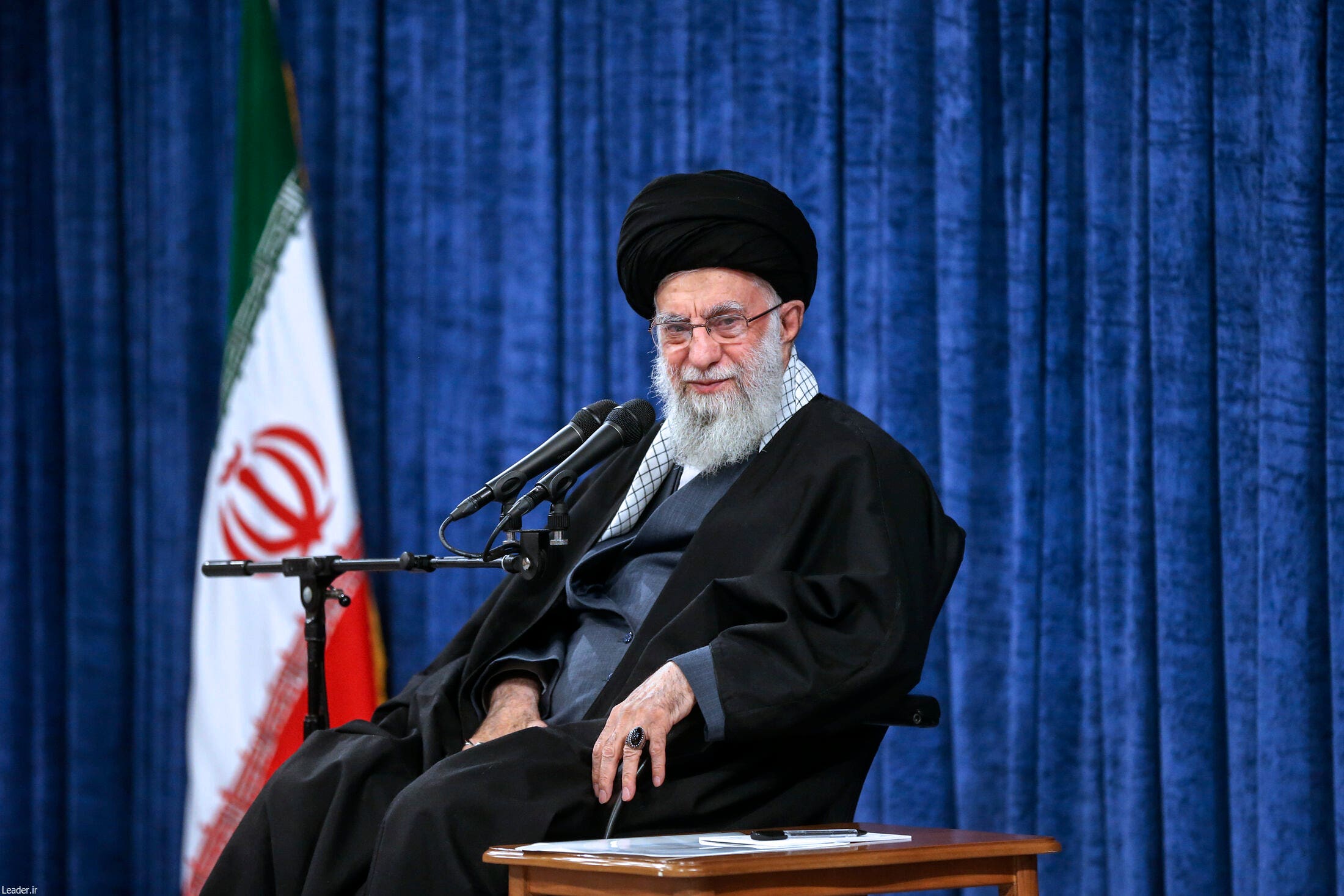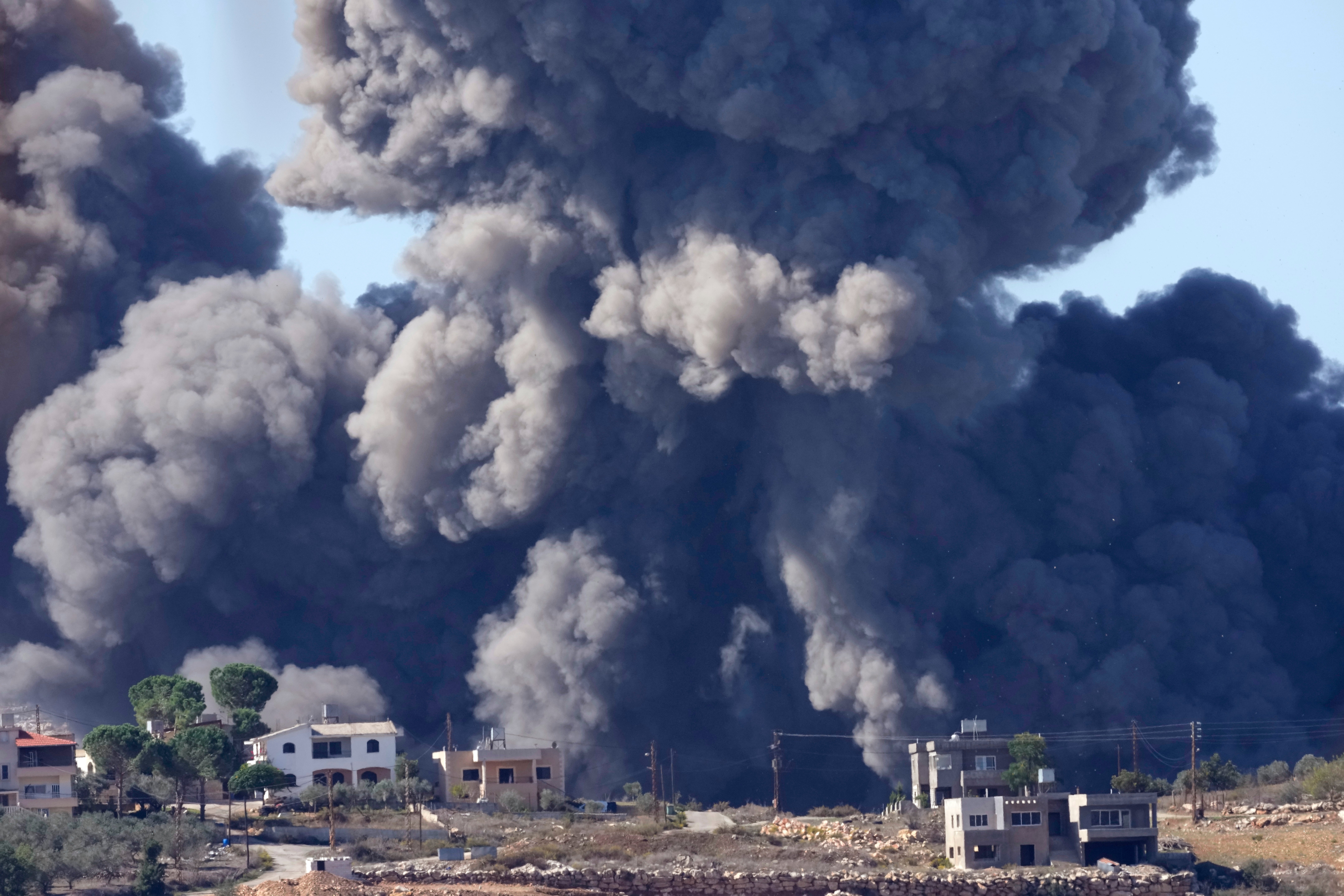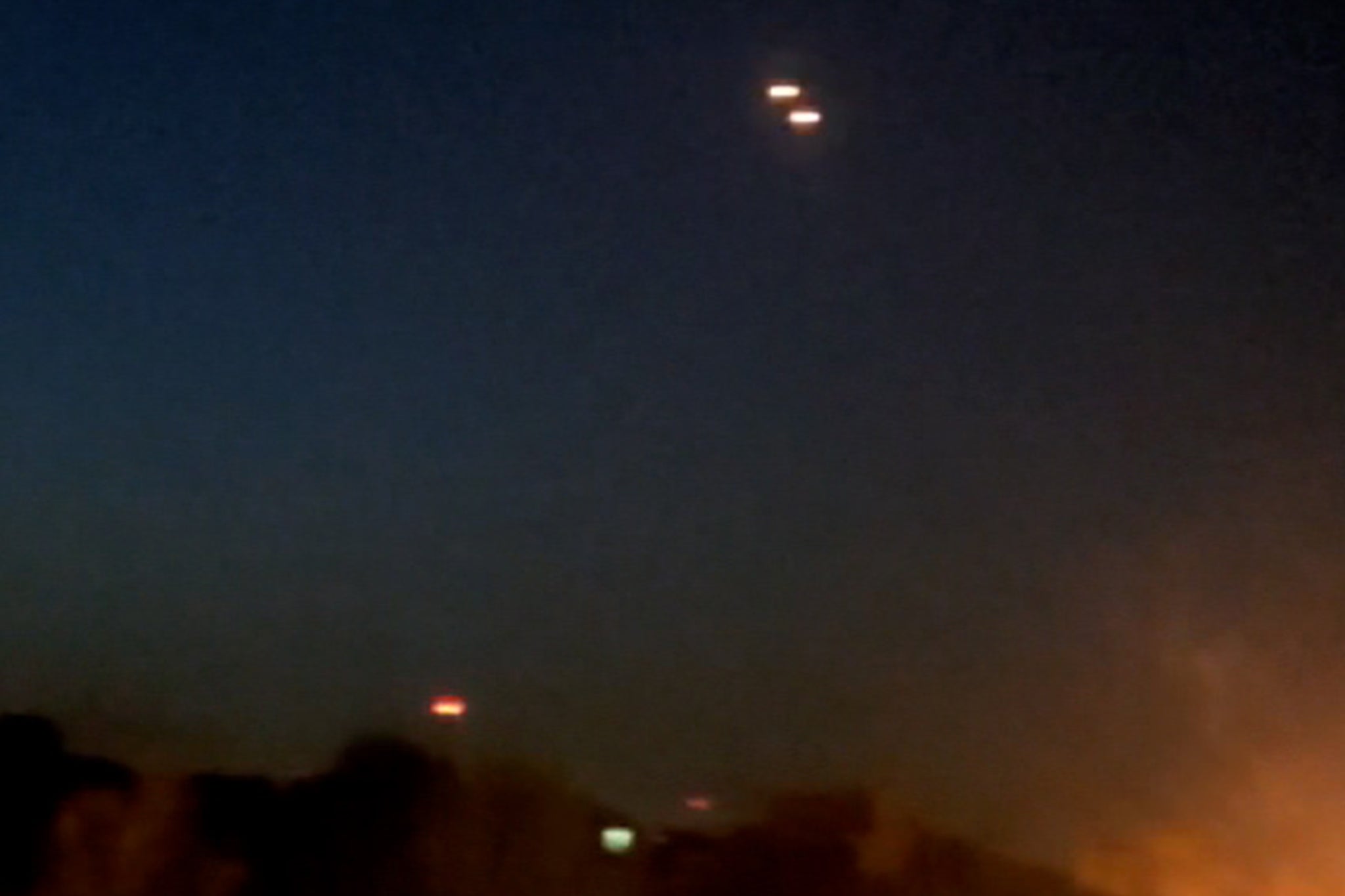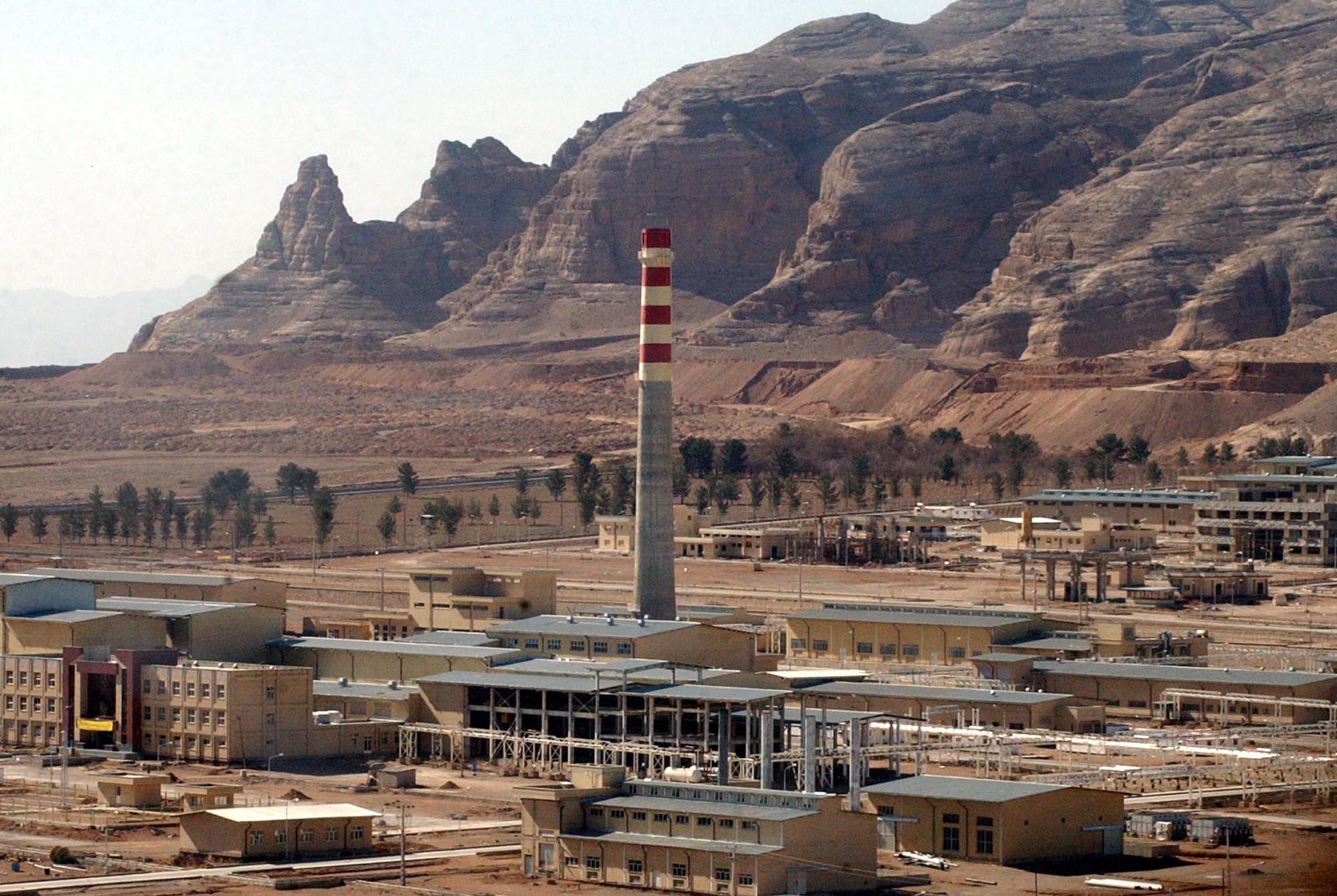Why are Israel and Iran attacking each other? History of the Middle East conflict and what could happen next
The UN warned this week the Middle East was on the ‘precipice’ of a devastating conflict for the region and world
The Middle East is on a precipice of a conflict that would be devastating for the region and the rest of the world, the United Nations has warned.
The UN was referring to the increased hostility between Israel and Iran as world leaders urged restraint following Tehran’s unprecedented attack last weekend. But in the early hours of Friday morning explosions were heard at a major military airbase and nuclear site at Isfahan, located around 250 miles south of the Iranian capital Tehran.
Follow our live blog on the attack here
Israeli drones are believed to have launched from over 1,200 miles away, intended to target Iran’s military and nuclear infrastructure. It is the latest development in a long and complex history between the two nations.
With tensions rising across the region, The Independent explores the history of the conflict below and explains why Israel and Iran are attacking each other.
Decades of shadow warfare

Israel and Iran have been engaged in shadow warfare for decades, with a long history of clandestine attacks by land, sea, air and cyberspace, which Tehran conducts via its various proxies and allies in the region.
The two nations had formerly been allies until Iran’s pro-Western leader Mohammed Reza Shah was swept from power in the Islamic Revolution in 1979, which installed a new theocratic regime whose opposition to Israel was an ideological imperative.
Over the following years, with Israel invading Lebanon in 1982, Iran’s new regime would work with fellow Shi’ite Muslims there to establish Hezbollah, the group Israel would eventually come to regard as the most dangerous adversary on its borders.
Over the intervening decades, Israel has been unable to suppress Hezbollah – even following a month-long war in 2006 – as it warily eyed Tehran’s moves to develop its own faltering nuclear programme.
Tehran’s efforts to enrich uranium, first revealed as far back as 2002, quickly set alarm bells ringing in Israel, with Iran’s supreme leader Ayatollah Ali Khamenei having repeatedly described Israel as a “cancerous tumour” which “will undoubtedly be uprooted and destroyed” over his now decades-long rule.

Israel has continued to trade fire with Iran through the guise of the latter’s proxies and allies, with Iran notably funding and arming Hamas, the militant group with whom Israel is now waging a devastating war in Gaza.
The outbreak of that brutal conflict had heightened fears of an escalation in the region, with Hezbollah and Israel trading constant fire since it broke out in October.
How have tensions flared up since 7 October?
On 7 October, the militant group Hamas launched a bloody attack on Israel when they stormed the Israel-Gaza border and killed over 1,200 people and took more than 200 hostages.
Since then, Israel has invaded Gaza on the premise of destroying Hamas - which it compares to ISIS and is funded by Iran - to ensure a similar attack would never happen again.
Up to 33,970 Palestinians have been killed in the conflict, according to Gaza’s health ministry. At the same time, the Israeli military has exchanged fire with Hezbollah - another group armed and funded by Iran, in southern Lebanon.

Why are Israel and Iran attacking each other now?
Israeli leaders often talk about “cutting off the octopus’s head” instead of fighting its tentacles - a metaphor for Iran and its proxy militias across the Middle East.
On 1 April, Israel attacked Iran’s embassy compound in Damascus, Syria, which killed several of Tehran’s senior military commanders.
The strike marked one of the most significant attacks yet on Iranian interests in Syria, where Israel has stepped up a long-running military campaign against Iran and groups it proxies.

Iran vowed revenge and two weeks later launched a barrage of over 300 missiles and drones at Israel - which the Israeli military claim over 99 per cent were intercepted.
Soon after, Tehran’s mission to the UN said it considered the matter “concluded” and that it was acting in self defence. After western allies urged restraint, Israel said it would respond to the attack.
On Friday morning, Iran was forced to activate its air defence system across several provinces, with three Israeli drones destroyed over the southern city.
There have not been any reports of damage or casualties and the International Atomic Energy Agency (IAEA) said there was no impact on nuclear facilities - but called for “extreme restraint”.
What could happen next?
All eyes remain on Iran to see how it will choose to respond to the Friday attack, as western leaders called for restraint while reaffirming their commitment to Israel’s security.
However, there are a myriad of factors that could impact how the conflict could play out over the coming months and years.
With increasing calls for Benajmin Netanyahu to resign from within his own country, a less hawkish Israeli leader might cool tensions between the two nations. But he also faces calls to be more aggressive. After Friday’s attack, far-right security minister Itamar Ben Gvir - who has called for the execution of Palestinian prisoners to deal with overcrowding - called it “lame”.
And with US elections on the horizon, a Trump administration could bring a different playbook to Biden on Middle Eastern diplomacy. During his term in office, Trump controversially recognised Jerusalem as the capital of Israel and has claimed conflicts like this would not happen with him back in office.
There is also the question of Israeli hostages still being held by Hamas. More than six months after the Hamas attack 130 hostages remain, and about a quarter of those are believed dead.
Join our commenting forum
Join thought-provoking conversations, follow other Independent readers and see their replies
Comments
Bookmark popover
Removed from bookmarks